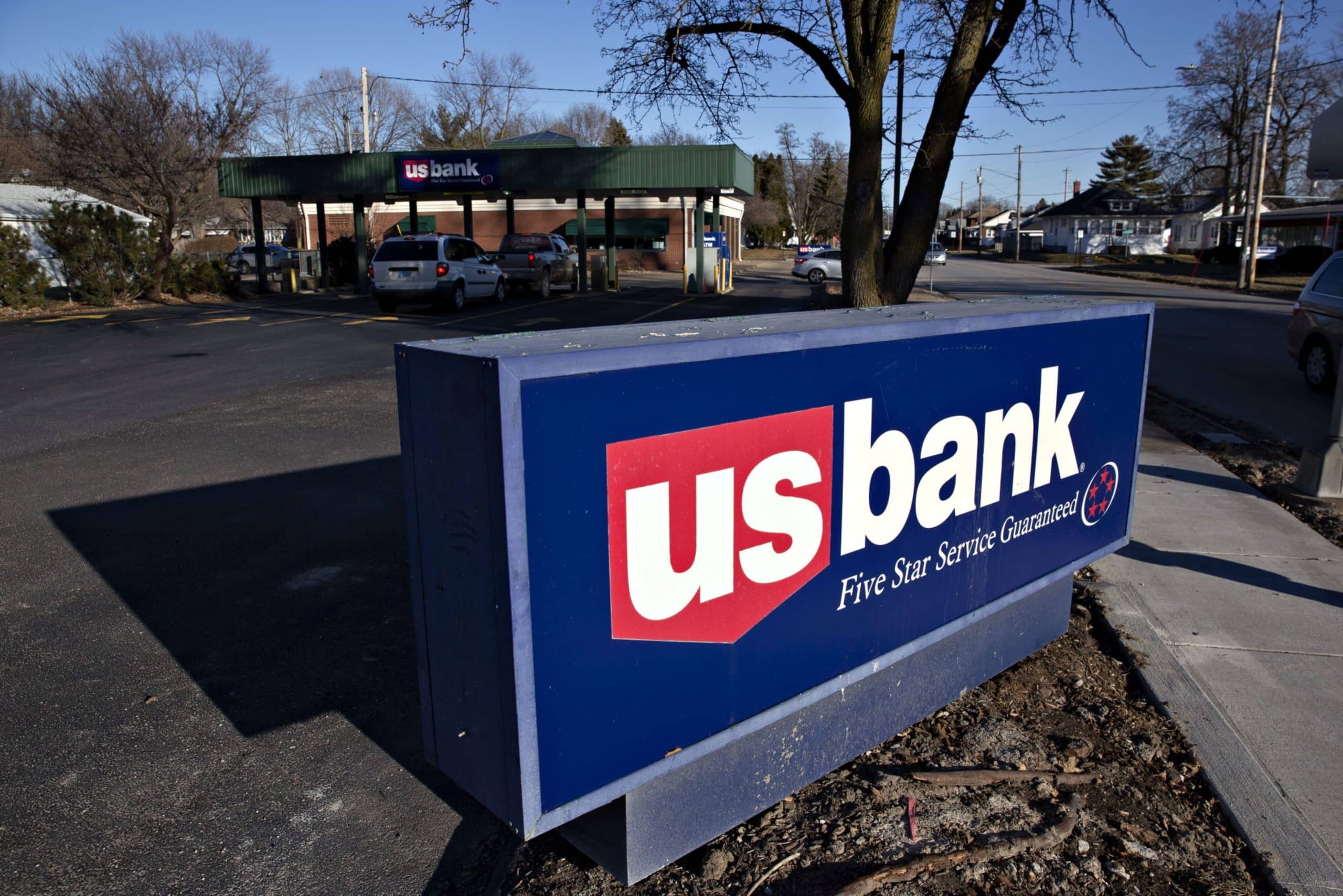[ad_1]
Gov. Kathy Hochul vetoed a invoice on Friday that would have banned the use of noncompete agreements in New York after a livid lobbying effort by Wall Road and different highly effective industries that forcefully opposed the measure.
Democrats in command of the State Legislature handed the invoice in June, wanting New York to affix different states which have cracked down on the usage of noncompete agreements, which corporations use to bar staff from working for a competitor for a set period of time after leaving a job.
The invoice’s supporters argued that the agreements had unfairly trapped an array of staff, from hairstylists to engineers and medical doctors, who signal away their proper to go away for a competitor.
However Ms. Hochul, a fellow Democrat, believed the ban went too far, and she or he tried to slim its scope in order that it utilized solely to lower-wage staff. The ban was opposed by high-powered banks and different massive firms that closely depend on noncompete agreements to stop high staff — from high-level executives to bankers and brokers — from taking shoppers and mental property with them to a competitor.
Because the year-end deadline to behave on the invoice drew nearer, Ms. Hochul sought to barter amendments this week that might appease each enterprise teams and Democratic state lawmakers. Negotiations broke down on Friday, in keeping with two folks with data of the talks who weren’t licensed to debate the non-public deliberations. Amongst different issues, it appeared that the edges couldn’t agree on how one can calculate an earnings threshold that might have saved the ban for low-wage staff however would have allowed the agreements to persist for well-paid staff like these within the monetary providers trade.
Noncompete agreements have proliferated all through the financial system lately: Between 18 percent to 45 percent of staff within the non-public sector could also be certain by them, in keeping with surveys. Critics argue that the restrictive clauses forestall the free motion of labor and place an unfair burden on a constellation of staff, particularly those that work low-wage, low-skilled jobs.
Governments have responded in sort. About half the nation’s states have imposed sharp limits on noncompete clauses, and a few states, like Minnesota and California, have banned them altogether. Below President Biden, the Federal Commerce Fee is exploring a national ban on corporations requiring staff to signal the agreements.
The laws to ban noncompete agreements in New York flew largely underneath the radar when Democratic lawmakers, spearheaded by State Senator Sean Ryan of Buffalo and Assemblywoman Latoya Joyner of the Bronx, handed it on the finish of the legislative session final summer time.
However as its potential affect on New York Metropolis’s monetary trade turned clear, the state’s strongest enterprise teams rapidly mobilized to oppose it. Amongst them had been the Enterprise Council and the Partnership for New York Metropolis, which represents big-name banks and funding corporations similar to Goldman Sachs and JPMorgan Chase & Co.
Warning of the possibly dire results the ban would have on an organization’s capacity to retain high staff in one of the crucial essential monetary capitals of the world, the teams used their cash and clout to foyer the governor, pushing her to water down the invoice to make sure it could not apply to the highest-earning staff.
Lawmakers met with the governor’s workplace a number of occasions this week to haggle over potential adjustments and carve-outs. The governor’s group initially pushed to ban the agreements for staff making underneath $250,000 a 12 months, whereas Senate Democrats first insisted on a threshold as excessive as $500,000 earlier than bringing it right down to $300,000, in keeping with two folks with data of the negotiations.
The events appeared unable to hash out their variations over trivia similar to how bonuses and inventory choices, each of which might make up a big portion of an worker’s compensation on Wall Road, ought to be counted.
In an announcement, Ms. Hochul stated she “tried to work with the Legislature in good religion on an affordable compromise” that might have protected low-income and middle- class staff whereas “permitting New York’s companies to retain extremely compensated expertise.”
Mr. Ryan, the invoice’s sponsor within the State Senate, stated on Friday that he was dissatisfied by the governor’s veto and that he would reintroduce the laws subsequent 12 months.
“There’s a rising motion to ban noncompetes, and New York has missed out on a serious alternative to spice up job development, wages and financial safety for thousands and thousands of staff,” he stated in an announcement.
Late on Friday, Ms. Hochul took motion on a number of different payments that lawmakers handed earlier this 12 months.
The governor vetoed a wide-reaching environmental measure that aimed to limit state spending on merchandise that contribute to deforestation.
Ms. Hochul did signal a transparency invoice that may require restricted legal responsibility corporations in New York to reveal their homeowners to the federal government and regulatory entities. However underneath the model of the invoice that Ms. Hochul accredited, the names of the homeowners won’t develop into public in a searchable database as lawmakers initially meant.
Ms. Hochul additionally signed a measure that may transfer most county and city elections outdoors of New York Metropolis to even years, which she stated would enhance turnout and save taxpayer {dollars}. The laws was celebrated by Democrats, who are inclined to do higher in elections the place turnout is greater. Republicans and a few in county authorities opposed the measure, on the grounds that the transfer might trigger native points to be drowned out by nationwide ones.
Grace Ashford contributed reporting.
[ad_2]
Source link





















